Statement Before the World Expands
September 14, 2020if i have seemed lately to turn from you
and mail my mind beyond our common rooms
as if the calm intelligence your eyes
offer to share were not sufficient plea
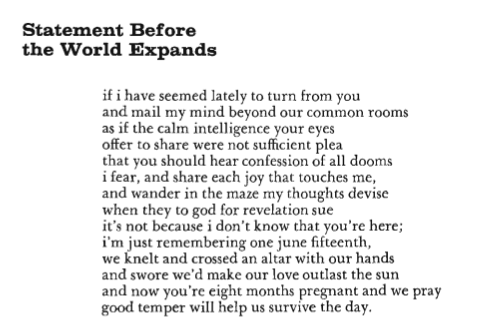
if i have seemed lately to turn from you
and mail my mind beyond our common rooms
as if the calm intelligence your eyes
offer to share were not sufficient plea
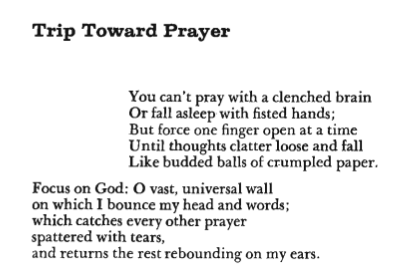
You can’t pray with a clenched brain
Or fall asleep with fisted hands;
But force one finger open at a time
Until thoughts clatter loose and fall
Like budded balls of crumpled paper.
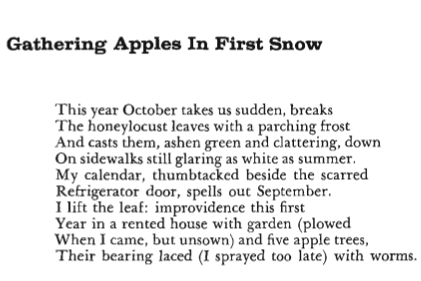
This year October takes us sudden, breaks
The honeylocust leaves with a parching frost
And casts them, ashen green and clattering, down
On sidewalks still glaring as white as summer.
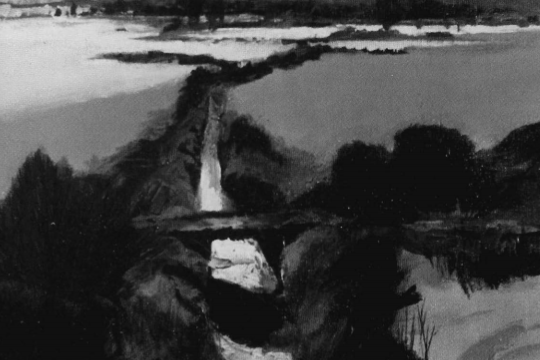
In my library is a small book, a 1912 Macmillan edition of Othello, the Moor of Venice, with the name of Katheryn Spurns on the flyleaf. On the title page the name appears again with…

I had a girlfriend and ever since I knew her when she was in the eighth grade, she always said, “I’m going to be a writer. I’m going to be a steady contributor to Cosmopolitan when I’m thirty years old.” I never said that because I didn’t think I was good enough. I wasn’t one of those people who say, “I’m going to be a writer.”

When it was published in English in 1962, Nobel Prize-winner Halldor Laxness’ novel about the Mormons, Paradise Reclaimed, went virtually un noticed in the Mormon community and, as far as I can tell, is still…
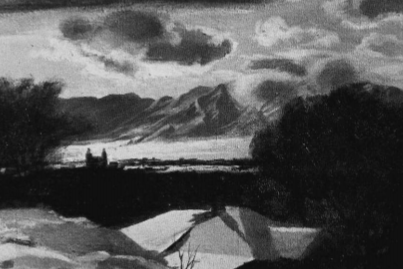
As Mr. Fetzer’s article in this issue of Dialogue makes clear, Bernard DeVoto grew up a Catholic, not a Mormon. What is more, he grew up in a house dominated by his father, and his…

The career of Bernard DeVoto, the foremost writer and one of the greatest intellectual forces whom Utah has produced in this country, was conspicuously marked by achievements and honors. He wrote five novels, three books devoted to the history of the West, a classic study of Mark Twain, a stimulating study on the relationship between history and literature, another on the interdependence between psychology and literature, three volumes of essays which may serve as a chronicle of the issues dominating American life for twenty-five years (1930-1955), hundreds of reviews and articles on an astonishing range of topics, a monthly column for more than twenty years in America’s most widely read serious journal (Harper’s), and introductions to many books by other authors.

In a 1969 review-essay entitled “The New Mormon History,” Moses Rischin spoke of the sophistication with which scholars both within and without the Mormon culture were beginning to examine the Mormon past. He added, “This seems only the beginning. A giant step from church history to religious and intellectual history seems in the offing. As Mormon continuities and discontinuities are reassessed from entirely new perspectives and with a potentially greater audience than ever before, other Ameri cans and Mormons may better come to understand themselves.”
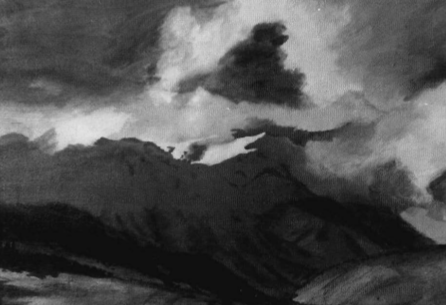
Due to an unavoidable delay in the “Mormonism in the Twentieth Century” issue, the editorial staff decided to proceed with the preparation of this literature issue. It is not a special issue in the usual…